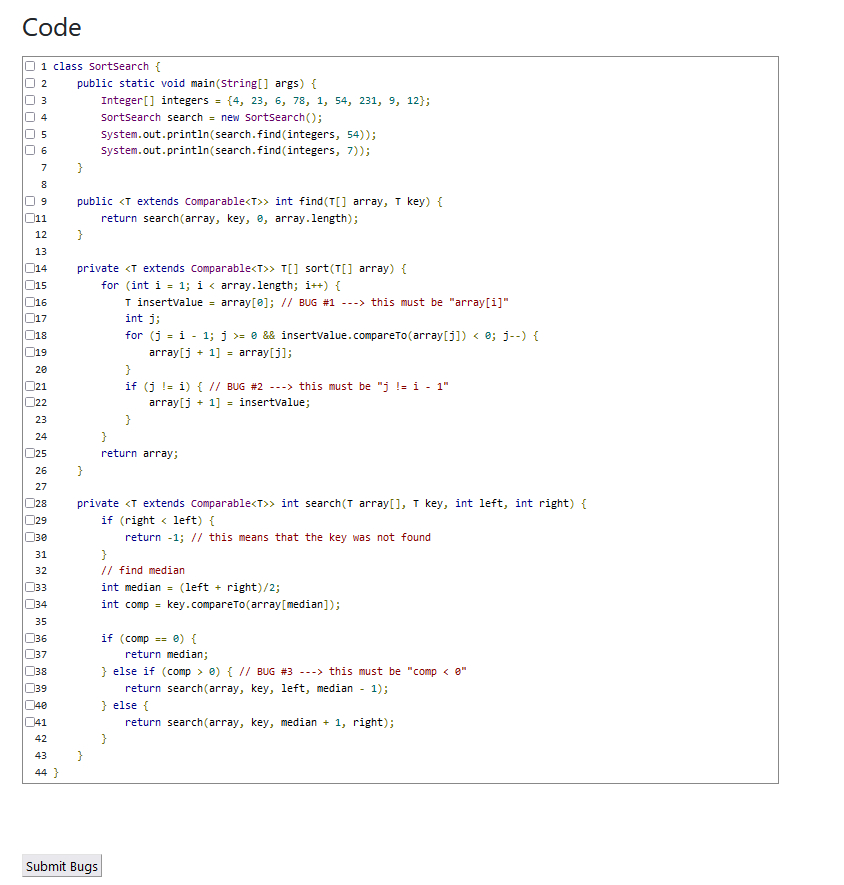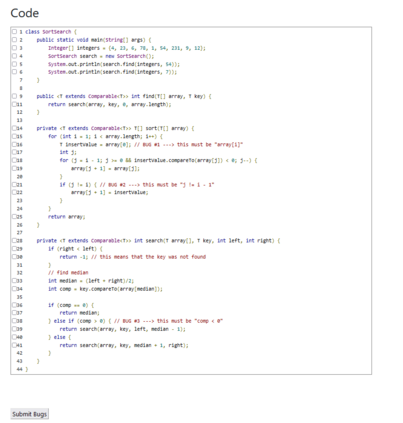Empirical studies in software engineering are often conducted with open-source developers or in industrial collaborations. Seemingly, this resulted in few experiments using financial incentives (e.g., money, vouchers) as a strategy to motivate the participants' behavior; which is typically done in other research communities, such as economics or psychology. Even the current version of the SIGSOFT Empirical Standards does mention payouts for completing surveys only, but not for mimicking the real-world or motivating realistic behavior during experiments. So, there is a lack of understanding regarding whether financial incentives can or cannot be useful for software-engineering experimentation. To tackle this problem, we plan a survey based on which we will conduct a controlled laboratory experiment. Precisely, we will use the survey to elicit incentivization schemes we will employ as (up to) four payoff functions (i.e., mappings of choices or performance in an experiment to a monetary payment) during a code-review task in the experiment: (1) a scheme that employees prefer, (2) a scheme that is actually employed, (3) a scheme that is performance-independent, and (4) a scheme that mimics an open-source scenario. Using a between-subject design, we aim to explore how the different schemes impact the participants' performance. Our contributions help understand the impact of financial incentives on developers in experiments as well as real-world scenarios, guiding researchers in designing experiments and organizations in compensating developers.
翻译:软件工程的经验研究往往与开放源码开发者或工业合作者一起进行,这似乎导致很少利用金融奖励(例如金钱、凭证)作为激励参与者行为的战略进行实验;通常在其他研究界进行,例如经济学或心理学。即使是目前版本的SIGSOFT 经验标准也只提到完成调查的付款,但不提到模仿现实世界或在实验期间鼓励现实行为。因此,对于金融奖励是否能够或不能对软件工程实验有用缺乏了解。为了解决这一问题,我们计划以金融奖励(例如金钱、凭证)作为激励参与者行为的战略。确切地说,我们将利用这项调查来激发激励激励其他研究界,例如经济学或心理学界。在实验的代码审查任务中,我们只提到完成调查,而不是模仿现实世界或鼓励现实行为。因此,在实验中,雇员偏好选择一种计划,实际采用的一种计划,(3)一种依赖业绩的计划,以及一种我们进行受控实验室试验的实验计划。我们将利用这项调查来(比如)激励参与者们如何理解真实的预测。





